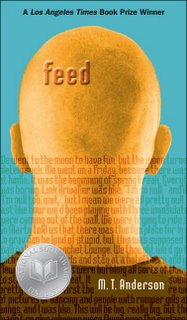 According to Maria, if you subtract all of the extra conversation, undressing and getting back dressed again, the actual amount of time it takes to have sex is only eleven minutes. And for that, she is perplexed as to why people revolve their worlds around the act and actively aspire to ever marry. Eleven Minutes is the story of one woman's slow journey to discovering the spiritual, sacred side of sex in spite of her hard knocks and cynicism.
According to Maria, if you subtract all of the extra conversation, undressing and getting back dressed again, the actual amount of time it takes to have sex is only eleven minutes. And for that, she is perplexed as to why people revolve their worlds around the act and actively aspire to ever marry. Eleven Minutes is the story of one woman's slow journey to discovering the spiritual, sacred side of sex in spite of her hard knocks and cynicism. A Brazilian woman working as a prostitute in Switzerland, Maria is determined to one day return to her motherland to settle down and buy a farm. One day while reading a book about raising cattle in a local café, a famous painter asks Maria if he can paint her portrait.
Schmaltzy? Yeah, I know it sounds that way. But I love Maria's self-reflection. Shortly after this encounter she writes in her diary:
"Passion makes a person stop eating, sleeping, working, feeling at peace. A lot of people are frightened because, when it appears, it demolishes all the old things it finds in its path.
No one wants their life thrown into chaos. That is why a lot of people keep that threat under control, and are somehow capable of sustaining a house or a structure that is already rotten. They are the engineers of the superseded.
Other people think exactly the opposite: they surrender themselves withouth a second thought, hoping to find in passion the solutions to all their problems. They make the other person responsible for their happiness and blame them for their possible unhappiness. They are either euphoric because something marvelous has happened or depressed because something unexpected has just ruined everything.
Keeping passion at bay or surrendering blindly to it--which of these two attitudes is the least destructive?
I don't know." (pp. 119-120)
Coelho's Maria, like so many of the characters of his other tales, dives into the struggles of the human psyche in a way that I can relate.

